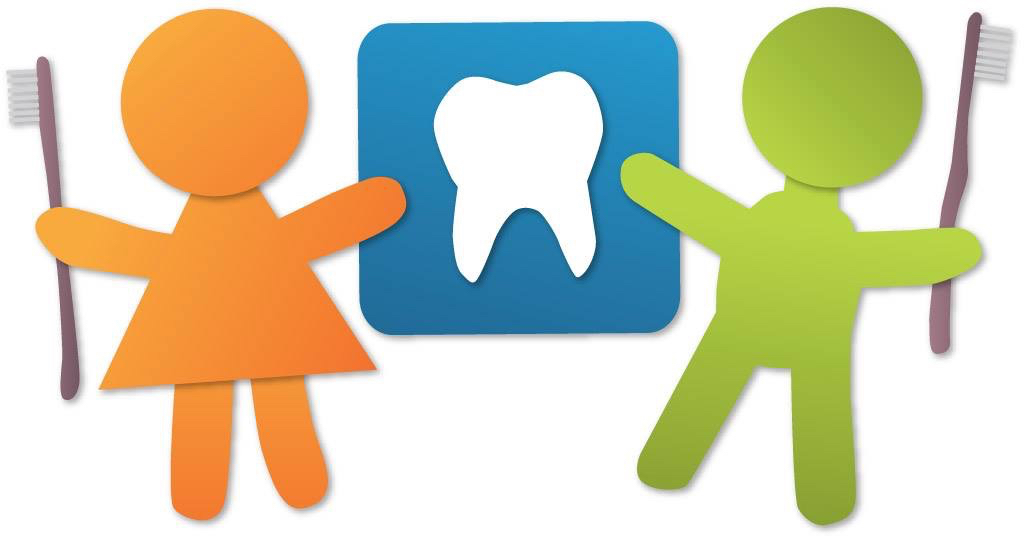Can babies get cavities?
Yes, babies can get cavities as soon as their teeth emerge into his/her mouth.
Tooth decay is caused by a thin, sticky, colorless film of bacteria called plaque that covers your child's teeth. The bacteria produce acids that attack the tooth enamel. When sugary foods or liquids remain in your baby's mouth after eating, the bacteria have more time to produce the acid that causes tooth decay. Spit or saliva can balance these acid attacks if they do not happen too often. However, if your baby's mouth is very dry, he/she has a lot of these bacteria, or your baby is fed frequently; then this acid causes loss of tooth minerals in the enamel and a cavity forms.
Baby bottle tooth decay, or Early Childhood Caries, is a condition resulting from the frequent and long-term exposure of your child's baby teeth to sugar-containing liquids, fruit juices, sodas and sweetened drinks, baby formula, milk, and even breast milk. It doesn't matter whether the liquid is artificially sweetened or contains natural sugars. Both bottle and breast-fed infants with prolonged feeding habits are at high risk to develop this dental problem.
Putting your baby to bed with a bottle filled with anything other than water can cause serious and rapid tooth decay because the sweetened liquid pools around the teeth and is not swallowed when your child falls asleep. If you must give your baby a bottle at bedtime, it should contain water only. After each feeding, wipe your baby’s gums and teeth with a damp wash cloth to remove the plaque.
THe white line on the tooth is the beginning of a cavity
Doctor Wang, Doctor Perea-Corkish, Doctor Gerodias and the other Doctors of Discovery Pediatric Dentistry make no warranties, expressed or implied, as to any results to be obtained from use of the information on this page. We cannot diagnose or treat patients over the Internet. Information on this site is for educational purposes only. You should not rely on this information as a substitute for personal, medical, and/or dental attention or diagnosis. Without all available information about a patient, it is impossible to make a diagnosis. Help and answers are in the form of general ideas. Only you, your dentist, and other necessary and qualified health care providers can make an appropriate treatment decision in an emergency or for everyday care and dental treatment.


